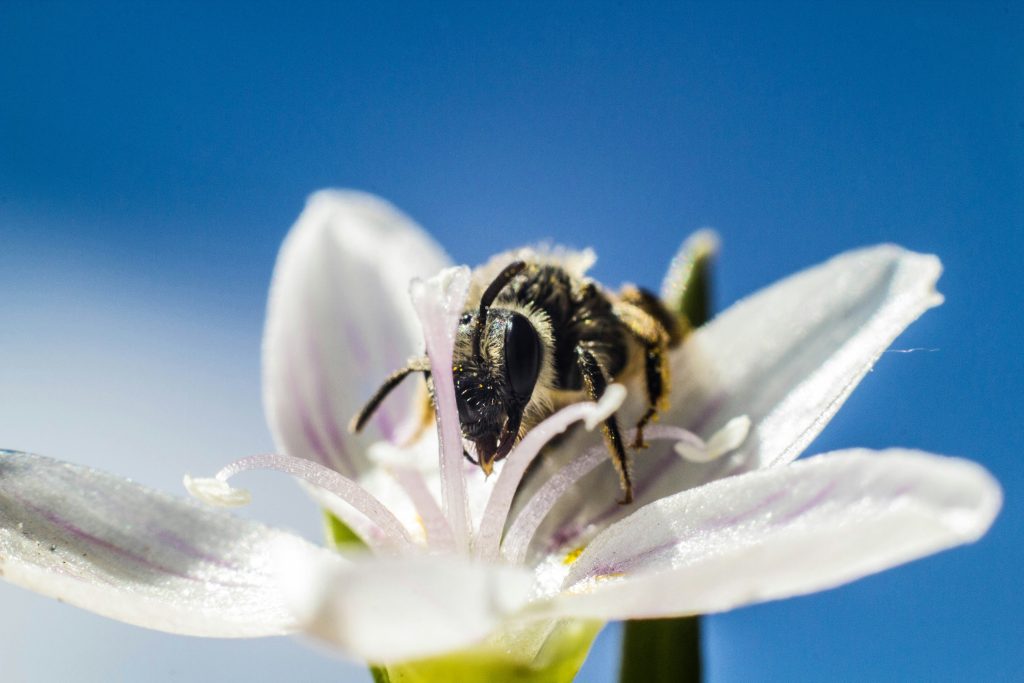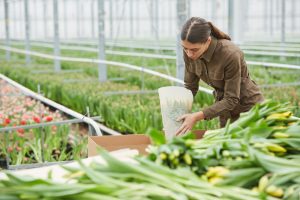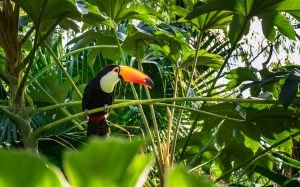What percentage of the world’s crops are dependent on pollinators?

75%.
Pollinators, the unsung heroes of our ecosystems, are vital for the health and prosperity of our global food systems. These tiny but mighty creatures, including bees, butterflies, birds and bats, are indispensable to the production of three-quarters (75%) of the different crops we grow for food. Their pollination efforts enhance crop yield and quality while also improving the diversity of our diets and the resilience of our agricultural systems.[1]
The United Nations’ Food and Agriculture Organization (FAO) states that pollination is the primary contributor to global agricultural yields.[2] Crops such as coffee, apples, almonds, tomatoes, and cocoa all rely on nature’s pollinators.
Despite their small size, pollinators contribute significantly to the attainment of several of the UN’s Sustainable Development Goals, from tackling hunger and poverty to job creation and economic growth. The intersectionality between the environment, food, and human health provides investors with a range of investment opportunities.
Matter of Facts are small insights into inspiring sustainable solutions.
[1] How much of the world’s food production depends on pollinators?, Our World in Data
[2] FAO’s Global Action on Pollination Services for Sustainable Agriculture, Food and Agriculture Organization of the United Nations



